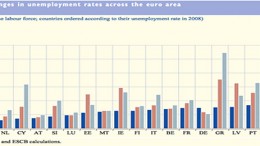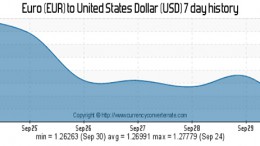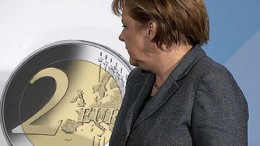“Globalisation is Southern Europe’s source of agony”
MADRID | By Ana Fuentes | Trying to compete with emerging markets is not enough: Those EU countries trying to re-launch their industrial sectors in order to boost economic recovery need to go through technological changes, Yao Yang explains to The Corner. Dean of the China National School of Development and Director of the China Center for Economic Research, he believes that austerity in Europe has not been in vain. On the same day, business-research group Conference Board reported that Chinese growth will dip to 5.5% in 2015-19, Prof. Yang points out that such a decline would not mean any catastrophe.









